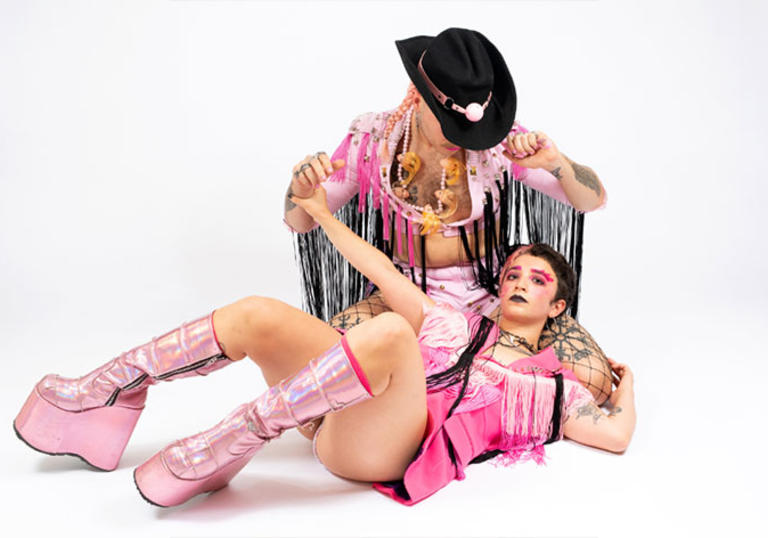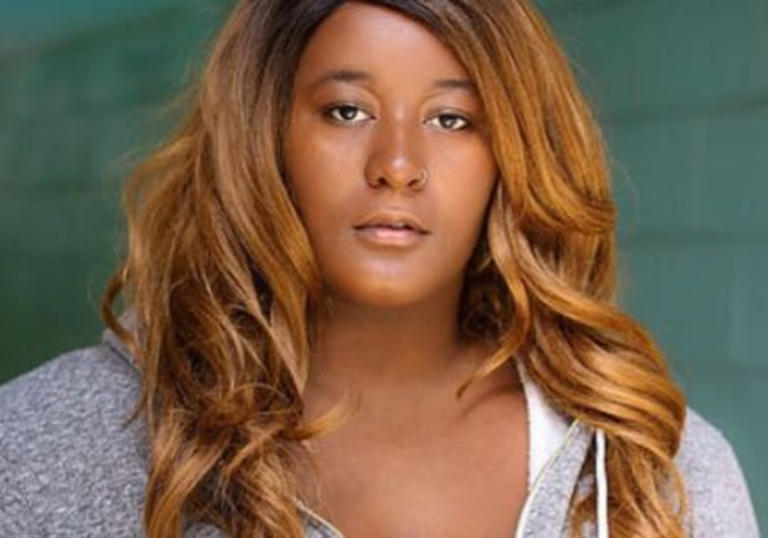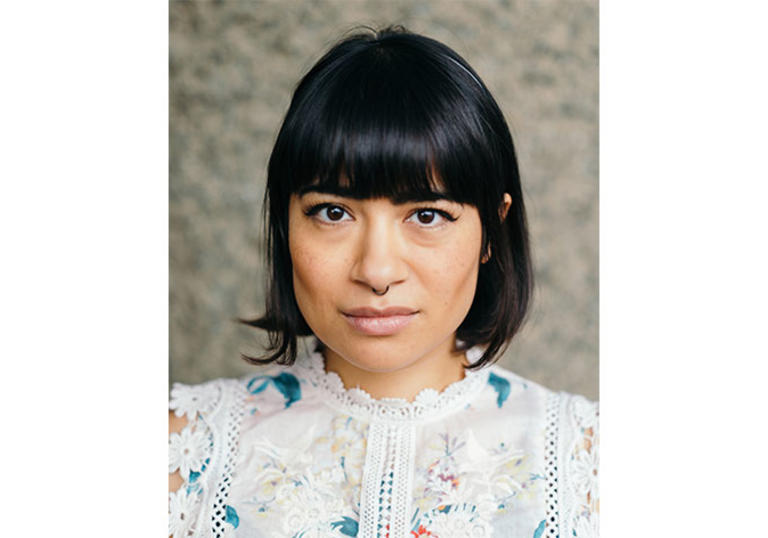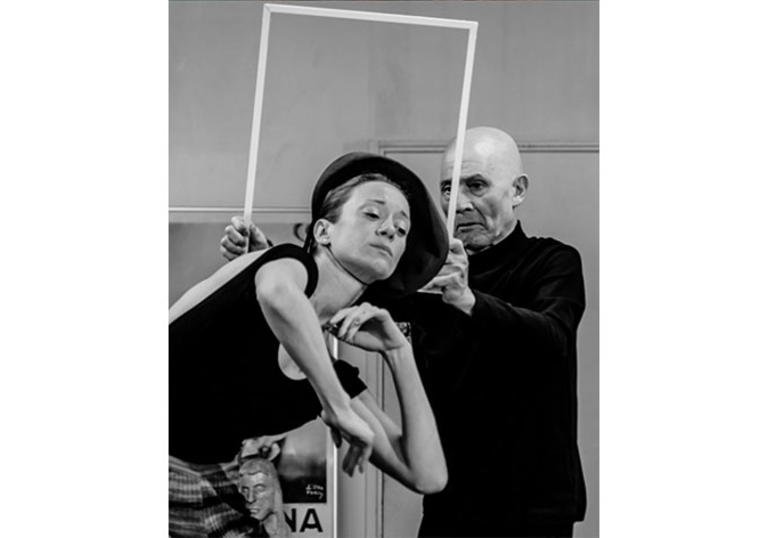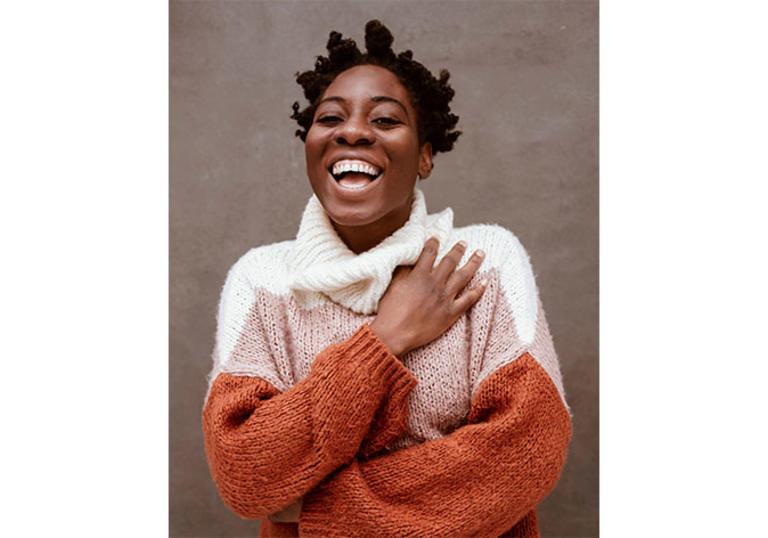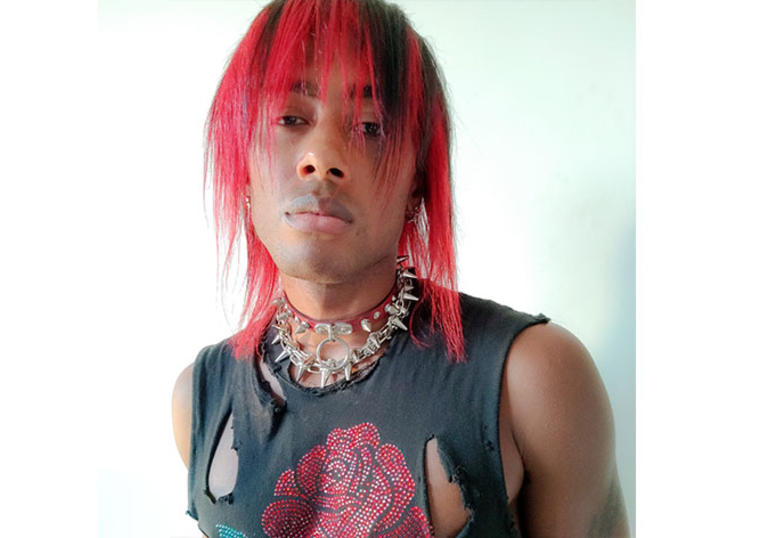The scheme gives artists the chance to research and develop a new project. As well as a cash grant, we offer training sessions with our staff and industry experts on topics including marketing, fundraising, and creative learning; sessions with a mentor; access to one of our Theatre producers for advice and support; and rehearsal spaces at our Centre.
This year we’re supporting six new works which will be experienced by audiences in a socially-distanced manner . We’re delighted to be working with the artists we’ve chosen, and wanted to introduce you to these exciting talents from across the country who have been selected by our Theatre team. Let’s meet them.
Open Lab is made possible thanks to support from people such as you, through donations, and Arts Council England. Find out more about how you can support this important work.
